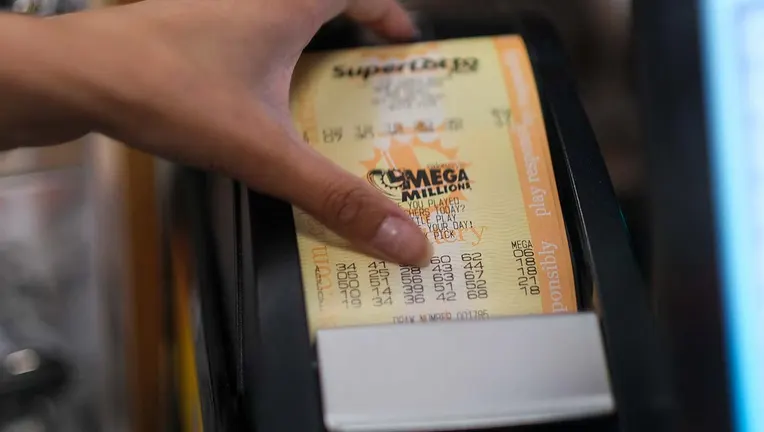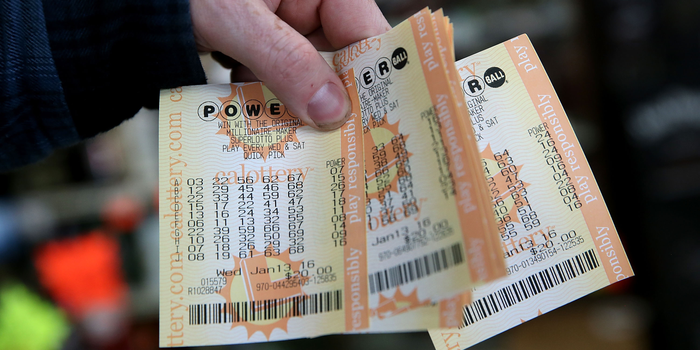Winning a jackpot is something that everyone dreams of. But once the excitement passes, what happens next?
If you’re a lottery winner, there are a few things you should do to protect your winnings. These include paying off debts, investing your winnings, and reviewing your estate plan.
Lotteries are a game of chance
Lotteries are games of chance that are popular worldwide. They’re a popular way to win money and are regulated by governments. However, they are a high-risk investment and can cause you to lose money.
They’re also a great way to raise money for charity and good causes. Every state donates a percentage of ticket sales to these causes, and the proceeds are invested in the public sector.
While it’s true that the outcome of a lottery is entirely based on luck, there are ways to increase your chances of winning. One of the best ways is to mix different types of numbers.
The numbers you choose should be rare and hard to predict. This will increase your chances of winning a jackpot. Moreover, it’s best to avoid playing numbers that have won before since they’re unlikely to win again.
They are tax-free
When you win a jackpot at a casino, it’s a chance to get a huge amount of money in one go. It’s a great feeling, especially if you haven’t won anything before.
However, not all jackpots are tax-free. Some states take a piece of your prize, while the federal government takes two percent.
The IRS considers lottery winnings as ordinary income and doesn’t offer many workarounds to help you reduce your tax bill. That’s why it’s important to consult a financial planner and tax adviser before investing your windfall.
After a large windfall, it’s also a good idea to slow down on large-ticket impulse spending. That can help keep your finances under control, and it may prevent you from getting into debt or bankrupt. A financial planner can also help you re-align your personal financial affairs and investment strategies to reflect your new wealth. Ideally, your new assets will increase your net worth and provide you with financial stability over the long run.
They are a form of gambling
A jackpot is a prize pool for a specific game. They can vary in size and are often found in slot machine games, but they can also appear in other casino games.
The term “jackpot” entered the English lexicon via a 19th-century variant of five-card-draw poker. It required players to declare a hand of jacks or better in order to open bidding.
From there, the meaning broadened to describe situations in which winnings built up over time before paying out, such as slot machines or lottery games.
In finance, jackpots refer to large investment returns reaped over a short period of time. They are typically subject to tax treatments that vary based on the source of the windfall. Financial planners and tax advisors can play key roles in helping jackpot winners to liquidate their lucrative investment positions and ensure that they have sufficient funds available for tax withholdings and other expenses.
They are a form of entertainment
A jackpot is a pile of money that you win during a game such as poker. This is usually a large prize, which can be millions of dollars or even billions of dollars.
The term jackpot first entered the English lexicon in the 1880s, and it has since migrated to other forms of gambling. The term grew out of a game of poker in which players raised their ante before each deal, making the idea of winning a large pot of money a reality.
Today, the term “jackpot” is often used to describe a plethora of different things, from winning a jackpot to surviving the Great Recession. In fact, a recent Gallup poll showed that 65% of Americans consider lotteries to be an acceptable form of entertainment. On a more positive note, proceeds from lottery tickets are often donated to charitable causes. The best part is that you can play the lottery for free. The only downside is that you’ll have to wait in line for your chance at the big jackpot.





